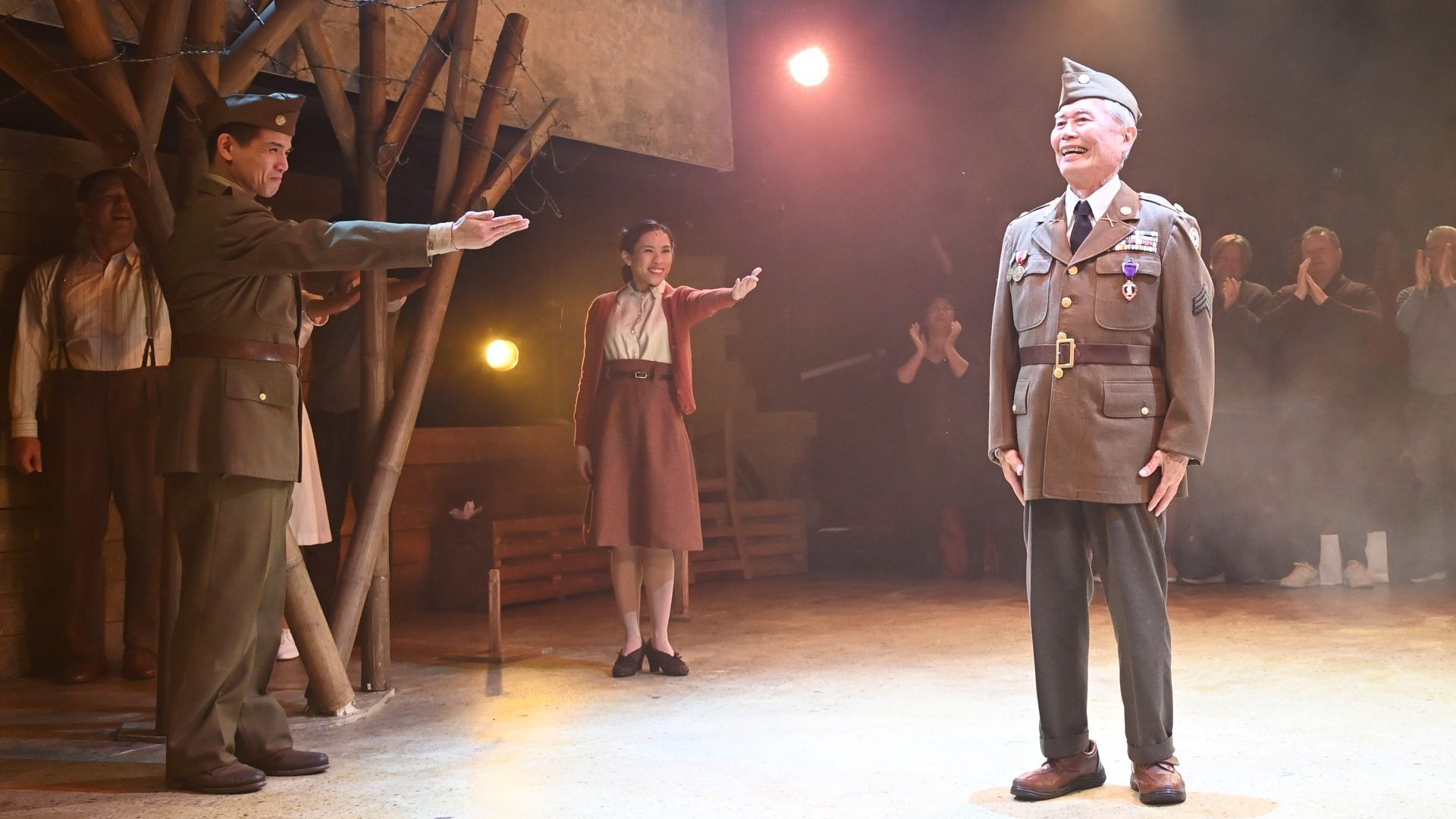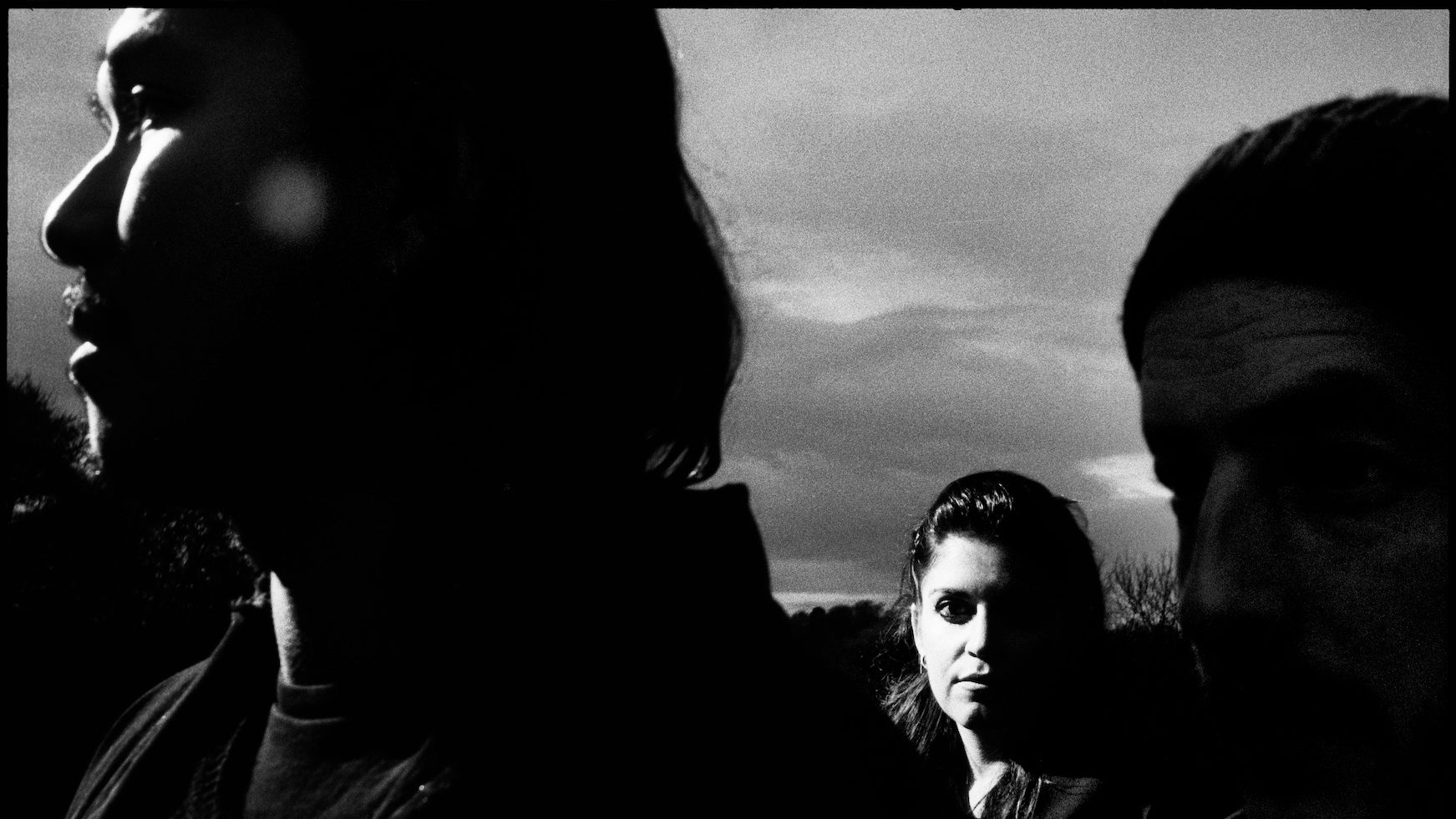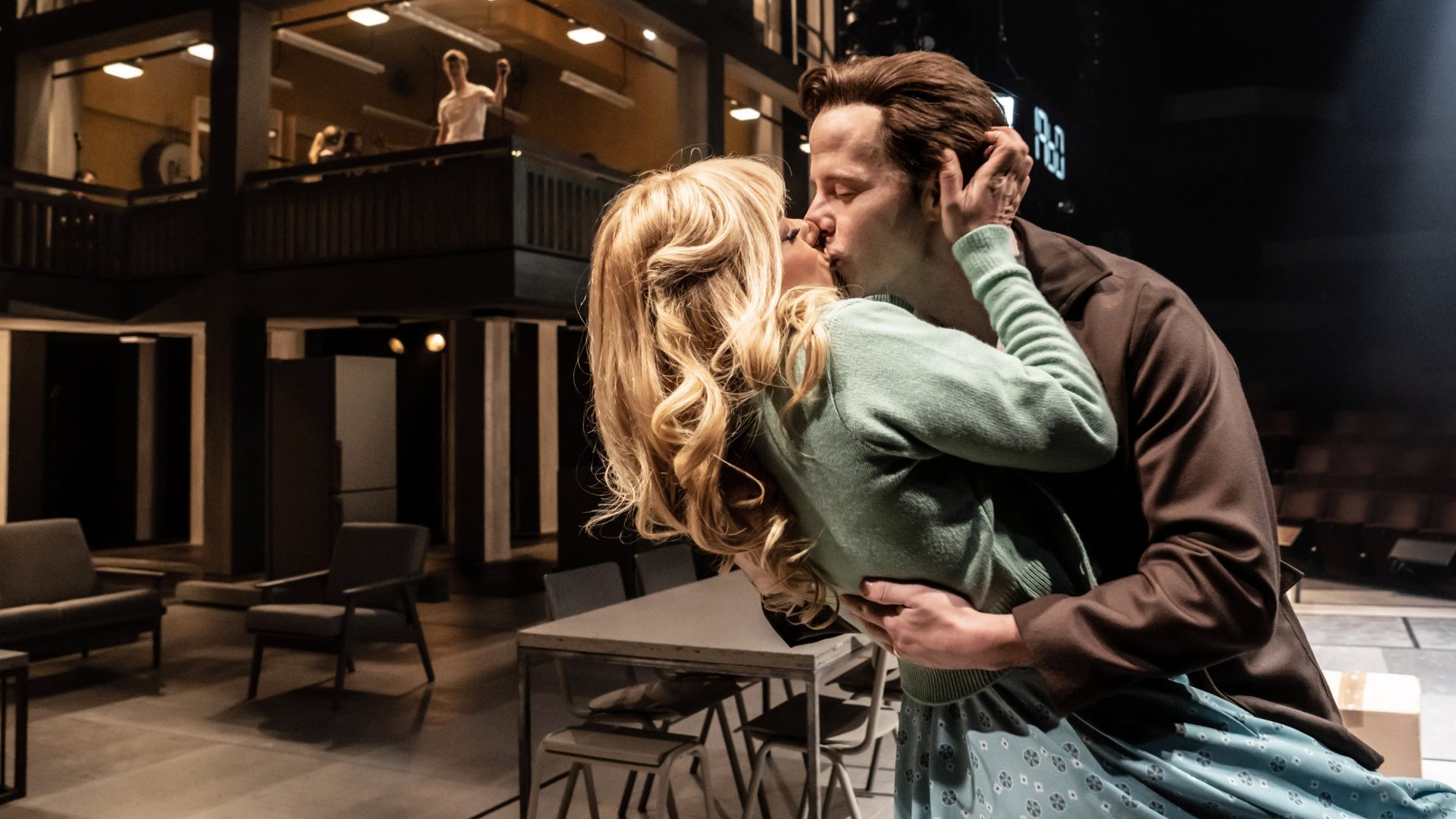George Takei does not set his phasers to stun. “Brexit was a disastrous mistake for your country,” the Star Trek actor says, with genuine sorrow. “Ever since that mistake was made, you have been living with the consequences. They are every bit as bad as those of you who had opposed it from the very start predicted, and, if anything, they seem to be getting worse over time.
“I read now about the NHS strike, and, of course, it’s little wonder that service was under pressure when 4,000 European doctors chose to work elsewhere on account of Brexit. There’s a limit to how much people can take.”
Sometimes it takes an old friend to tell it like it is and these islands have few, if any, greater friends than the man still known around the world as Mr Sulu, 57 years after he first played the character. A sprightly 85 now, he was born shortly after the coronation of George VI and it was after the king that he was named.
Then, when the young George graduated from the University of California, his Anglophile father knew how he would reward him. He paid for him to study at the Shakespeare Institute in Stratford-upon-Avon. The teenager backpacked throughout England, Wales and Scotland during those halcyon days of his life and it was the start of a lifelong love affair.
“You couldn’t keep me away after that and it’s hard to put into words the enthusiasm and warmth I feel for the whole of the United Kingdom,” says the actor. “I saw the European influences everywhere. It always felt such an outward-looking place, part of something bigger, yet aware of its position in the world and how much respect it commanded.
“Even back in the States, I always followed the news about the UK, like it was my second home. I became aware about a decade or so ago of a man named Nigel Farage and was struck by how he was using the old playbook of hatred and division. I could see immediately this man with a French surname was a delusionary and dangerous man. He knew, however, the way to manipulate people and that was how it all started to go wrong.”
Takei still looks uncannily like Sulu in the series that made his name. He is in London appearing in the musical Allegiance at the Charing Cross Theatre. The love that he has for this country would appear to be mutual: most nights when he makes his first appearance on stage, even before he gets to say a single word, he is spontaneously applauded. The show is very much a labour of love since it recounts his own childhood experiences of being interned in America, along with around 125,000 other Americans of Japanese descent, immediately after the bombing of Pearl Harbor.
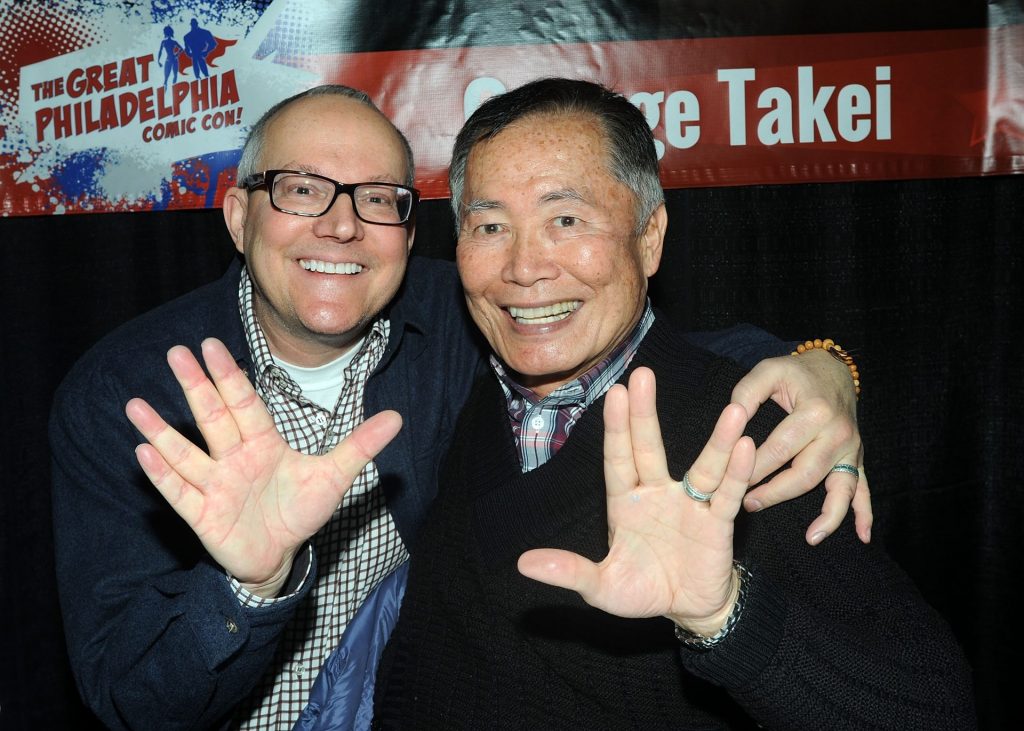
“It was Franklin Delano Roosevelt, the very president who once said we’d nothing to fear but fear itself, who, when he himself gave into fear, signed Executive Order 9066 that resulted in the internment of my family and so many others. I remember the sense of injustice about what was happening and the racist language that was used in relation to blameless Americans of Japanese heritage. Earl Warren, as attorney general, saying we were all ‘inscrutable’ so who knew what we were really thinking and best to lock us away just in case we did anything. I suppose what we always hope when things go so badly wrong is that we will learn from the experience.”
In 1980, Jimmy Carter did, as president, seek to learn when he set up a commission to investigate the internment policy, and Takei was among those who gave testimony. Three years later a report identified three key factors that had led to it happening – war hysteria, racism and a failure of political leadership.
“Of course I had a sense of how little had in fact been learned when I saw the Islamophobia that followed the 9/11 attacks and there was the same war hysteria around ‘the war on terror,’ the same racism and the failure of political leadership. Still, at least when Donald Trump signed Executive Order 13769 – the so-called ‘Muslim travel ban’ – someone in authority did stand up and say it was indefensible. That was a heroine of mine – Sally Yates, the acting deputy attorney general – and while it got her sacked, what she did was wonderful as no one did that the first time around. It takes guts to stay true to your beliefs – even to the law – in a time of hysteria.”
Allegiance matters to Takei because it focuses on the formative years of his life. It has made him intensely politically aware because it gave him an intense awareness of how a politician can, at the stroke of a pen, change lives for good or ill. It has given him, too, a natural empathy with people who are marginalised or oppressed.
“I think the problem with so many politicians today is that they lack imagination. They have often had very privileged lives and can’t understand what other people’s lives can be like. There is very little empathy. Trump is a good example. I got to know him doing Celebrity Apprentice around 2012. At the time we were doing that, New York State still did not have marriage equality for LGBT people. Trump had influence so, as a gay man, I wanted him to support marriage equality. We had a press conference for the show and I asked him in front of all the cameras if he would have lunch with me to discuss marriage equality.
“To my surprise, he said yes. The lunch eventually happened. My approach was to say to him that, as a businessman, he could profit from gay marriage. I said gays and lesbians would love to come to his hotels, get married, eat in their restaurants, but he said no, this was something he couldn’t support. He told me he believed in traditional marriage.
“That line I found hard to accept from a man who’d been married as frequently as he had and had also been unfaithful. I said to him a traditional marriage is two people who genuinely commit to each other for richer, for poorer, in sickness and in health, and it didn’t matter if they were the same sex. Trump just said no. I knew he couldn’t care less about marriage – gay or straight – but this was just about playing to his base. I always knew there was only one thing he ultimately believed in and that was himself. I had the measure of Trump early on and it didn’t surprise me he should turn out to be the worst president we ever had.”
Takei and his husband Brad Altman – he likes to be called Brad Takei – have been together for more than 35 years and theirs is very much a traditional marriage. Brad sat in on our interview and corrected George if he made a factual error. The warmth and affection between them was obvious. It was George who decided, in 2005, to come out, and, in 2008, just one day after the California Supreme Court lifted its ban on gay marriage, they announced their plans to wed.
“I couldn’t have come out as a young actor and have succeeded in my career and I had to be realistic about the times in which I was living. What made me decide to do so in later life was Arnold Schwarzenegger, as governor of California, vetoing the gay marriage bill. It made me so angry I knew I had to do what I could. Brad wasn’t so keen on the idea, but, when I did it, it really was rather wonderful. There was a lot of support and my career blossomed. Suddenly I was getting gay George Takei parts in TV shows.”
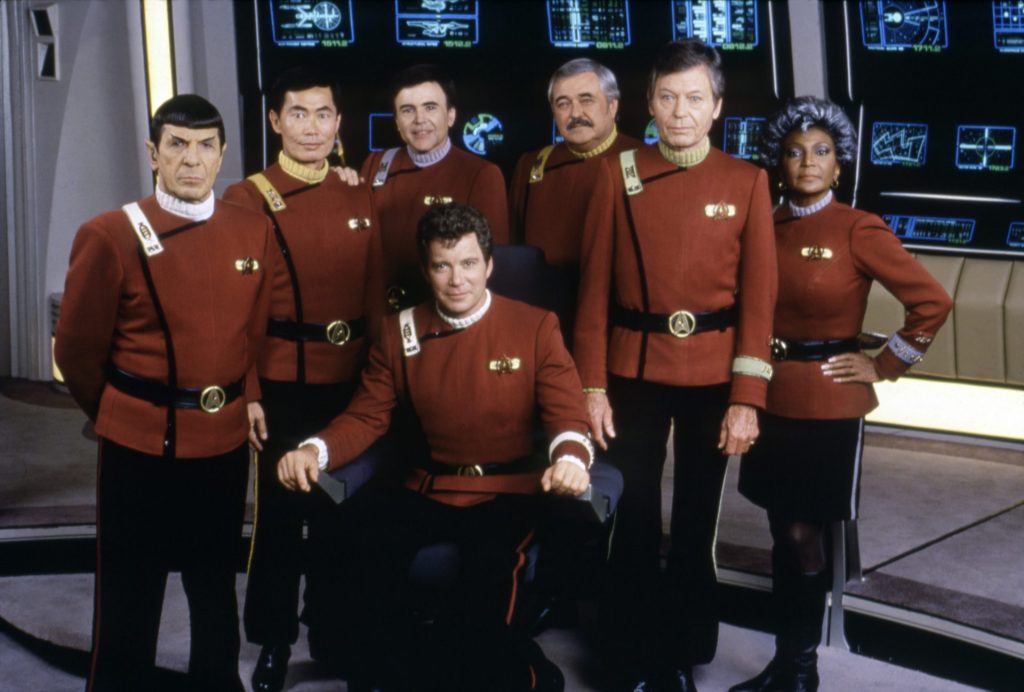
Photo: Paramount Pictures/Sunset Boulevard
It’s well known Takei doesn’t get on terribly well with his co-star William Shatner, but he doesn’t rise to the bait when I note that he has 3.4 million followers on Twitter compared to Shatner’s 2.5 million. “I love Twitter – and Facebook – and I guess at the beginning I was swept away by it and really thought these were ways to do good and to spread knowledge. I make mistakes sometimes, we all do, but when I make them I put them right. I try to be respectful and conscientious and of course people know it’s me they are communicating with. Sadly we all soon started to see there was a darker side to social media. The bullying of vulnerable individuals and the way vast numbers of people could be manipulated in elections. It’s also created a problem with our whole media – the way to get hits and to build up followers and influence is to say crazy, outlandish and often hateful things. That traction is much harder to achieve when you’re trying to be reasonable.”
Takei says he sometimes feels despair at the lies that are being told on social media and directly by politicians and some politically motivated media organisations. He feels it, too, about the way authority figures – not least the members of the police force in his own country who have been viciously targeting black people – are often overtly and shamelessly abusing their authority.
“There are a lot of things that are intrinsically wrong with the way our whole system in the western world is operating these days and maybe it will take a revolution to fix it. I don’t think we should be afraid of that word as revolutions have fixed a lot of things in the past.”
Takei is by nature an activist – he marched with Martin Luther King – and he says he has been lucky to have worked during his career with so many others who had such strong social consciences, not least Gene Roddenberry, the creator of Star Trek, who tried in the series to get across societally useful messages in the storylines.
On Twitter, Takei has raged magnificently against Brexit and its perpetrators. He was all for a People’s Vote to break the deadlock during Theresa May’s premiership, and, when Boris Johnson succeeded her, his response was tart. “Boris Johnson must be credited. Only he could make Theresa May look competent by comparison,” he tweeted. He later detected “a distinct lack of Truss in the British government” when Liz Truss’s brief, miserable innings came to an end.
For all that is wrong with the United Kingdom and our world at the moment, Takei remains resolutely optimistic, not to say inspiring.
“I think as human beings we have to have hope, always, as we have to endure. The word for endure in the Japanese language is gaman, which means not merely to do that, but to do so with patience and dignity. I saw so much of that quality in my father when we were all interned in that camp surrounded by the swamps of Arkansas.
“Everything had been taken from him – his bank account shut down,
his life savings stolen, his business destroyed and the home we had was repossessed as we couldn’t keep up with the repayments. He told us we couldn’t just wallow in our misery and anger and we should all play our parts bringing our block together and trying to raise morale. He started organising baseball games and negotiated with the camp authorities to borrow a record player, and, when he got it, he organised dances for the teenagers. There’s beauty, joy and happiness – and real courage – to be admired in even the most appalling circumstances. Somehow – if I may Anglicise a Japanese word – we all have to keep gaman-ing along.”
George Takei’s Allegiance is at the Charing Cross Theatre until April 8.


